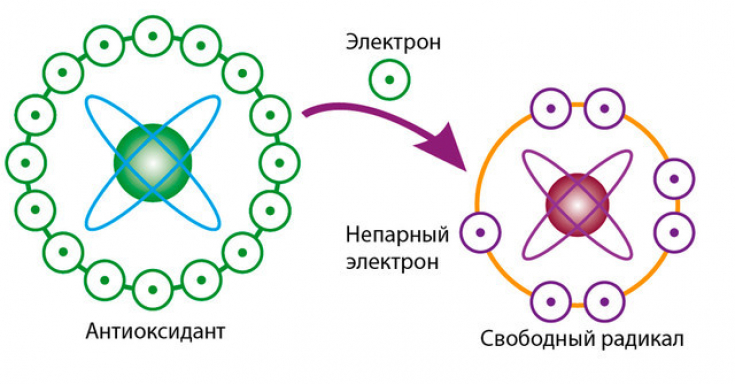Solar vitamin is no less than 87 years old since its discovery. Why is ascorbic acid and its derivatives so valued?
Being the main antioxidant, vitamin C – an indispensable component in many cosmetic products.
In addition to the anti-aging effect, the vitamin has a powerful regenerating, brightening and stimulating processes in tissues, and also reduces the risk of developing malignant tumors.
And this is not the whole list of vitamin effects: without ascorbic acid, many processes in our body would become impossible.
Read on estet-portal.com about the properties of vitamin C, its role for the body and skin condition, and also in what forms the vitamin is found in cosmetics.
Physical-chemical properties and functions of vitamin C in the body
Vitamin C belongs to the group of water-soluble vitamins and is a derivative of glucose. The substance enters the body with food or other means (injections, vitamin supplements).
Ascorbic acid takes part in hydroxylation reactions:
• proline and lysine into their hydroxy forms upon "maturation" collagen;
• in the synthesis of hyaluronic acid, chondroitin sulfate and bile acids;
• in the synthesis of corticosteroids, catecholamines and thyroid hormones;
• in the synthesis of biogenic amine, the neurotransmitter serotonin and dopamine;
• in the synthesis of carnitine, which is necessary for the oxidation of fatty acids.
The acid occurs in four forms, but its atomic composition remains unchanged.
Vitamin C restores metal ions, which are part of many enzymes and performs an antioxidant function, eliminating radicals.
This vitamin converts amino acids into biologically active protein forms. Ascorbic acid prevents the oxidation of the active form of folic acid, changes the valency of iron in the body, increasing its absorption.
Follow us on Instagram
Vitamin C also slows down hemoglobin glycosylation, restores vitamin E, protects vitamin A from oxidation and stimulates the synthesis of interferon.
The effect of vitamin C on the skin: "cross-linking" tissues and "tearing" radicals
Vitamin C has a wide range of effects on the skin and blood vessels. It is involved in the synthesis of collagen and elastin, protects the skin from oxidants and photoaging, and promotes rapid tissue healing, strengthens the walls of blood vessels, and also has a pronounced anti-inflammatory and depigmenting effect.
The vitamin also potentiates the formation of connective tissue mucopolysaccharides (hyaluronic and chondroitinsulfuric acids).
Vitamin C is used in the treatment of rosacea, post-acne, and also in the reduction of age-related manifestations.
Ascorbic acid has the ability to form cross-links between collagen and elastin with the help of lysine, stabilizing connective tissue and accelerating tissue regeneration.
Thanks to these properties, vitamin C is used not only for aesthetic purposes in preparations, but also as a post-rehabilitation therapy after plastic surgery, implants and liposuction.
You may also be interested in: Free radicals and aging: what is the connection between them?
Use of vitamin C and its derivatives in cosmetics
For effectiveness, the product must contain from 3 to 10% of the vitamin.
The gold standard of vitamin cosmetology is L-ascorbic acid.
The acid has a low molecular weight and has good penetration into the middle layers of the skin.
The component is especially effective in high concentrations (15%) and in combination with other antioxidants. Ascorbic acid, although it has an active effect, quickly oxidizes and decomposes during the day. In aqueous solutions, it is stable at low pH (less than 3.5), so it is often used as a peeling at high concentrations.
 As well as derivatives, ascorbic acid protects the skin from free radicals and UV radiation, stimulates the synthesis of skin proteins, increases its elasticity and firmness, smoothes fine wrinkles, brightens pigmentation, and evens out complexion and gives the skin radiance.
As well as derivatives, ascorbic acid protects the skin from free radicals and UV radiation, stimulates the synthesis of skin proteins, increases its elasticity and firmness, smoothes fine wrinkles, brightens pigmentation, and evens out complexion and gives the skin radiance.
What kind of care will help to keep the skin youthful






